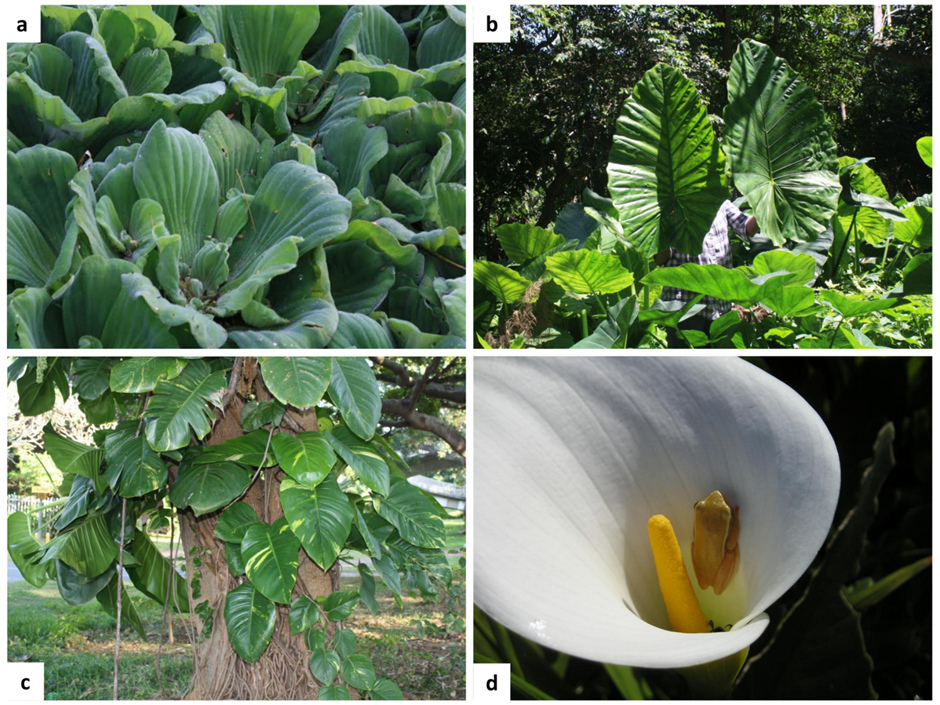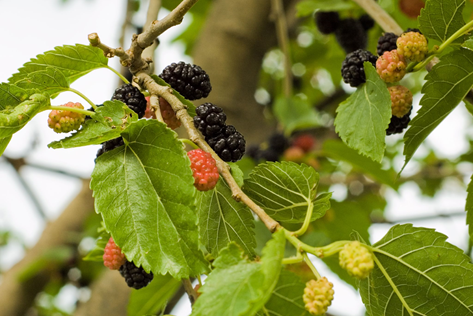Study shows invasive species can have cross-ecosystem impacts
A recent study by C·I·B post-doctoral fellow, Michelle Jackson, found that invasive species can have effects that reach across different ecosystems.
A recent study by C·I·B post-doctoral fellow, Michelle Jackson, found that invasive species can have effects that reach across different ecosystems.

A recent study recommends that invasion biologists should have a closer look at the traits of whole plant groups, when screening for invasive plants.
A recent paper by a group of researchers, led by C·I·B core team member Prof Cang Hui, proposed a framework to help explain why some invasive alien species are so successful in invading the new areas, while it is not so easy for others.

The fruits of invasive alien plants are not only an attractive source of food for native birds, but also provide enough energy for their daily energy demands, according to a recent study by University of KwaZulu-Natal student, Vuyisile Thabethe.
The insects are a group that has been underrepresented in the field of invasion biology, despite their impacts on agricultural production (e.g. fruit flies), ecosystem disruptions (e.g. ants) and vectors of disease that affect human health (e.g. mosquitoes). Further, much of the theory of invasion biology has come from work focused on plant and vertebrate invasions.